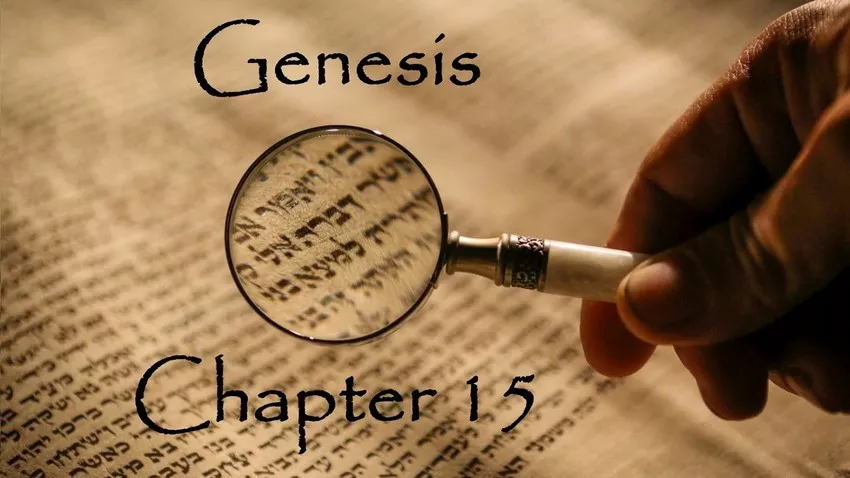Genesis Chapter 15 Summary
Genesis 15 is a pivotal chapter in which God reaffirms His covenant with Abram (later Abraham). The chapter begins with God telling Abram not to fear, as He will be his shield and great reward. Abram expresses concern over his lack of an heir, but God promises that Abram will have a son of his own and that his descendants will be as numerous as the stars. God also foretells the future enslavement of Abram’s descendants in a foreign land, but assures him of their eventual deliverance. The chapter concludes with a formal covenant ceremony, where God promises Abram’s descendants the land of Canaan.
Bible Genesis Chapter 15
Welcome to read Genesis Chapter 15. Here is the list of Genesis Chapter 15:
What Does Genesis Chapter 15 Teach us?
In Genesis 15, God reassures Abram of His promises, setting the stage for the fulfillment of His plan for Abram and his descendants. This passage teaches us about trust in God’s word, the importance of patience, and the certainty of God’s faithfulness.
God’s Reassurance of His Promise
At the beginning of Genesis 15, Abram is feeling uncertain about his future. Despite God’s earlier promises of blessing and descendants (Genesis 12), Abram is still childless. He voices his concern, asking God what will come of his life since he has no heir except Eliezer, his servant (Genesis 15:2-3). Abram’s question is one of both concern and doubt, a natural response given his circumstances.
In response, God reassures Abram in a vision: “Fear not, Abram: I am thy shield, and thy exceeding great reward” (Genesis 15:1, KJV). God promises not only to protect Abram but also to reward him generously. God then reaffirms His promise that Abram’s descendants will be as numerous as the stars in the sky, and his heir will come from his own body (Genesis 15:4-5).
This teaches us that even when we experience doubt or uncertainty about God’s promises, we must remember that God’s timing is perfect. God’s plans are not always fulfilled according to our expectations, but He will always remain faithful to His word. Like Abram, we must bring our doubts and concerns to God and trust in His ultimate provision.
Faith and Righteousness
One of the most significant verses in Genesis 15 is verse 6: “And he believed in the Lord; and he counted it to him for righteousness” (Genesis 15:6, KJV). This verse emphasizes that Abram’s faith, his trust in God’s promise, was credited to him as righteousness.
This is a profound teaching about the nature of righteousness. It is not earned through works or personal effort but is given by God in response to faith. Abram’s belief in God’s promise, despite the outward impossibility of his situation, became the foundation of his relationship with God. This principle is later echoed in the New Testament, where the apostle Paul points to Abram’s faith as a model for Christian belief (Romans 4:3).
For Christians, this is a reminder that our relationship with God is based on faith, not performance. Just as Abram believed God’s promises and was considered righteous, we too are called to trust in God’s promises, especially the promise of salvation through Jesus Christ.
The Covenant Ceremony
The second half of Genesis 15 details a remarkable ceremony in which God formalizes His covenant with Abram. God instructs Abram to bring specific animals, cut them in half, and lay them opposite each other. This was a common practice in ancient covenant rituals, symbolizing the seriousness of the agreement.
As Abram waits, God puts him into a deep sleep, and during this time, God speaks to him, prophesying the future enslavement of his descendants in a foreign land and their eventual deliverance (Genesis 15:13-14). Then, in a dramatic moment, a smoking firepot and a flaming torch pass between the pieces of the animals, symbolizing God’s presence and His binding commitment to the covenant (Genesis 15:17-18).
This ceremony teaches us about the gravity of God’s promises. When God makes a covenant, He is fully committed to keeping it, even if it requires great sacrifice. In this case, the covenant pointed forward to the sacrifice of Christ, through whom God would fulfill His promise of blessing for all nations.


